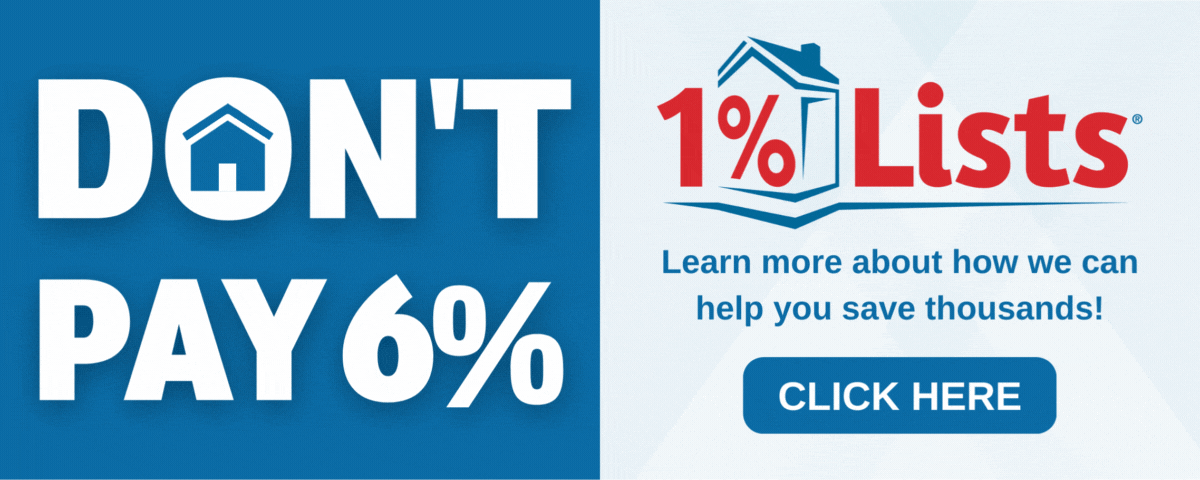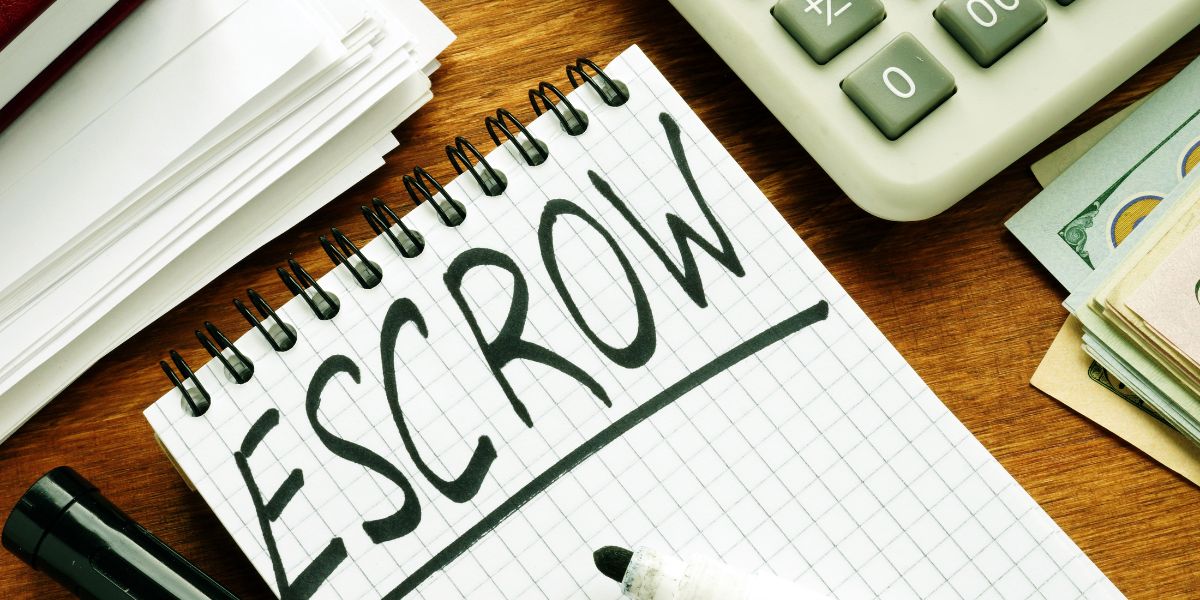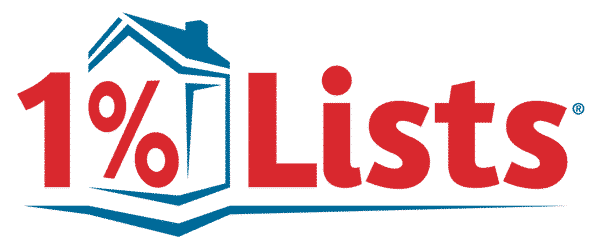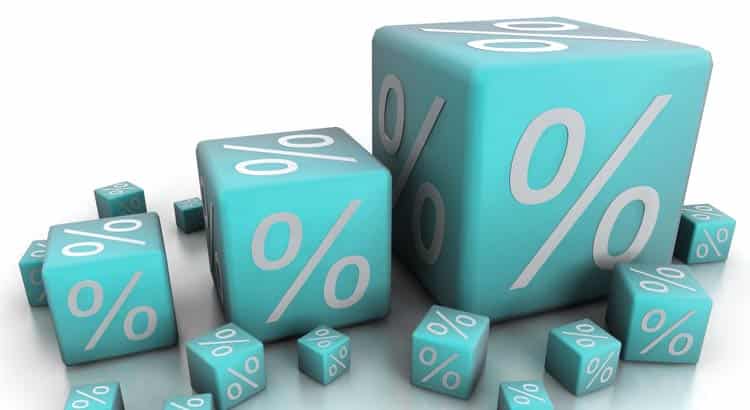You’ll hear “escrow” in several different contexts if you’re purchasing a home. We’ll look at escrow, its benefits, and how it functions as a buyer, seller, or homeowner.
What is Escrow?
Escrow, a legal arrangement where a third-party temporarily holds property or money until a certain condition is met, such as the completion of a purchase contract.
How does Escrow work?
In real estate transactions, it’s used to protect both the buyer as well as the seller. An escrow account is used to hold money for homeowners’ insurance and taxes during the life of a mortgage.
What is an Escrow account?
Escrow is used in real estate for two main reasons:
- Protect the deposit of good faith, ensuring that the money is paid to the correct party in accordance with the terms and conditions.
- Holding funds of a homeowner for property taxes and insurance.
There are two different types of escrow accounts. This is due to the fact that they serve different purposes. The first is used to secure your mortgage, and the second is used for the entire life of the loan.
Escrow accounts for home purchase
Your purchase agreement usually includes a good-faith deposit (also called earnest cash). This deposit lets the seller know that you are serious about buying the house. The seller will usually keep the deposit if the contract fails due to the buyer’s fault. The deposit will be contributed towards the down payment of the buyer if the purchase goes through.
An escrow account is set up for the deposit to protect both the buyer as well as the seller. The deposit will be held in an escrow account up until the end of the transaction.
Occasionally, funds may be held in a different type of escrow after the sale of a home. This is known as a holdback. Escrow holdbacks can be required for many different reasons. You may have agreed to allow the seller to stay in the house for an additional month or that there are bills that need to be paid by the seller (a water bill for example).
You may have to keep money in escrow while you build a home until all of the work is completed. The money is released once the conditions have been met.

Escrow accounts for taxes and insurance
Your mortgage lender will set up an escrow to pay your homeowners’ insurance and taxes after you buy a house. The mortgage servicer holds a portion each month of your monthly mortgage payments in an escrow account, until the time comes to pay your taxes and homeowners’ insurance.
Your tax bill and your insurance premiums may change year-to-year, so the amount of escrow required is always changing. Your servicer will calculate your escrow payment for the following year based on the bills that they paid in the past year. Most lenders will require that you hold at least 2 months worth of extra payments in your account to ensure that there is enough cash in the escrow.
Your lender or servicer analyzes your escrow account every year to ensure they are not collecting too much money or too little. They will give you a refund for the amount of money they collected from your escrow account.
You’ll have to pay the difference if their analysis shows that they’ve collected less than expected. If your escrow account is short, you may have the option to pay a lump-sum or increase your monthly mortgage payment.
Who manages an Escrow account?
Escrow accounts can be managed by many third parties including an escrow firm, agent, or mortgage servicer. The account will be managed by the person who is closest to you in the process.
Escrow companies and escrow agents
The escrow agent or company may manage escrow when you are buying a house. Sometimes the title agency is the escrow agent.
The escrow firm may be responsible not only for managing the deposit of the buyer, but also for holding deeds and other documents related to the sale of a home.
The fee is split between both parties equally because the escrow agent is acting for the buyer as well as the seller.
Mortgage servicers
From the time you close your loan until you repay it, your mortgage servicer will manage your mortgage. Mortgage servicers collect your mortgage payment and manage your escrow accounts.
Sometimes, but not always, your mortgage servicer is also the lender who originated your loan. Some lenders will sell servicing rights for your loan. You should know in advance if your lender services its own loans. Not all mortgage servicers offer the same level service.
Your mortgage servicer will take care of the escrow account so you won’t need to worry about paying your insurance or tax bills. They know exactly who and when to pay.
Only if you switch insurance policies or providers is there an exception. Your servicer will require the information on your new policy.

Benefits and uses of Escrow accounts
You’ll enjoy peace of mind by having an escrow account. Here are some of the benefits.
For home buyers
An escrow account will protect your deposit in the event of a house sale. Say, for example, that you signed a purchase contract, but it falls through because of a problem discovered during the home inspection.
You could lose your deposit if you gave it directly to the seller. Since the deposit is held by a third-party, you are assured that it will be returned in accordance with your agreement.
For Homeowners
An escrow account relieves you of the burden of having to pay a lump-sum to cover your taxes and insurance. You can make payments more easily because you pay for taxes and insurance over the course of the year.
You don’t need to remember all of the due dates. Your mortgage servicer will ensure that your insurance and tax bills are paid in full, on time. You won’t be responsible for late payments. If your escrow account has insufficient funds, the servicer may cover any bills you have. However, you will be responsible to make up for this shortfall later.
For Lenders
The lenders have an interest in seeing that your property taxes and insurance are paid.
- Tax authorities can put a lien against your house if you don’t pay your bills. This could cost the lender money, if they decide to foreclose.
- The value of your home can be severely affected if you do not have homeowners insurance.
An escrow account allows the lender to ensure that the bills are paid.
What are the disadvantages of an Escrow account?
There are some disadvantages to having an escrow account for your mortgage.
Increased monthly mortgage payments
As we have already stated, an escrow is funded by your monthly mortgage payments, which makes your monthly bill more expensive than it would otherwise be. This is not a bad thing, as you won’t need to pay for your insurance or taxes in one lump sum.
Escrow estimates lower than required
The amount you need for escrow is determined by your property tax, and homeowners insurance, which may change year-to-year. The amount required will be determined by your servicer based on previous bills. Here’s the deal: when you move into your new home, your property will be reassessed to determine your tax liability. Your property taxes may increase significantly, especially if your home’s value has increased. The servicer may not be able to predict an increase in property taxes when they estimate the escrow.
Your escrow payment may be short. In this case, you will have to increase your monthly escrow payments in order to make up the difference. If there is any money remaining in your escrow account after you’ve paid your taxes and insurance, your servicer can refund it to you.

Make changes to your monthly payment
Escrow is reassessed every year, and depending on whether you had surplus or were short, your servicer comes up with a revised estimate for the current year. Your mortgage payment may increase if you are short. This increased estimate is meant to avoid another shortage. Your mortgage payment could be reduced if you have too much money on your account. You’ll also receive a refund every year.
What Escrow accounts don’t cover
Escrow accounts do not cover all expenses associated with homeownership. Your lender or servicer will not collect money for your utility bills, homeowners association fees or other expenses.
Escrow accounts do not cover supplemental tax bills. These are tax bills issued for a single event, such as a change of ownership or if a new building is constructed.
Do you need an Escrow account?
You may be able to pay your own property taxes and insurance instead of using escrow. This will reduce your mortgage payment but you will have to pay for taxes and insurance yourself. You may also be charged a fee to manage your own insurance and taxes. Generally speaking, it doesn’t make sense to not use escrow for your mortgage.
In truth, not all borrowers have the option to opt out of escrow accounts. Escrow accounts may be required for certain loans. For VA loans for example, you will need to put down 10% and have a good credit score in order to opt out of an escrow. For conventional loans, you will need a 20% down payment or more. FHA loan requires all borrowers to maintain an escrow.





